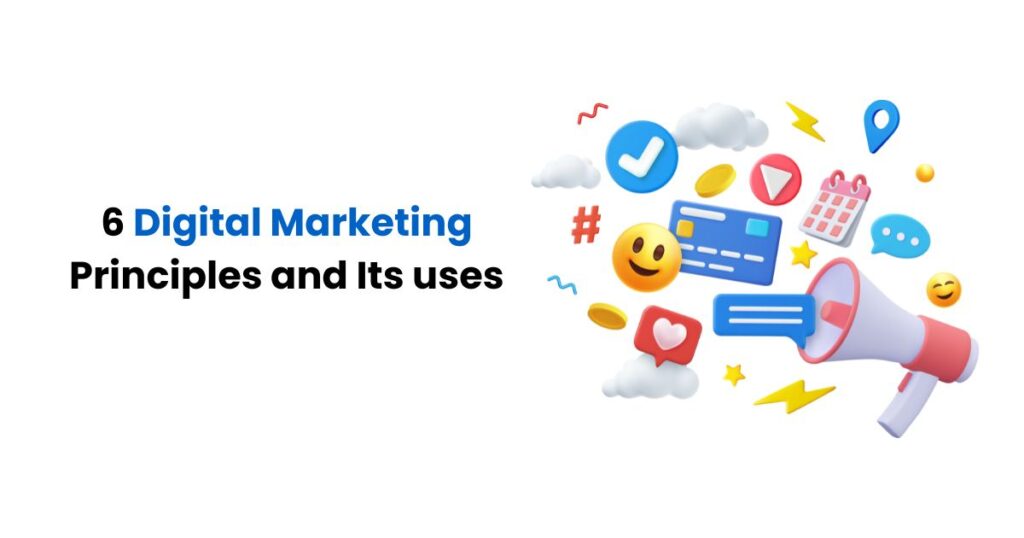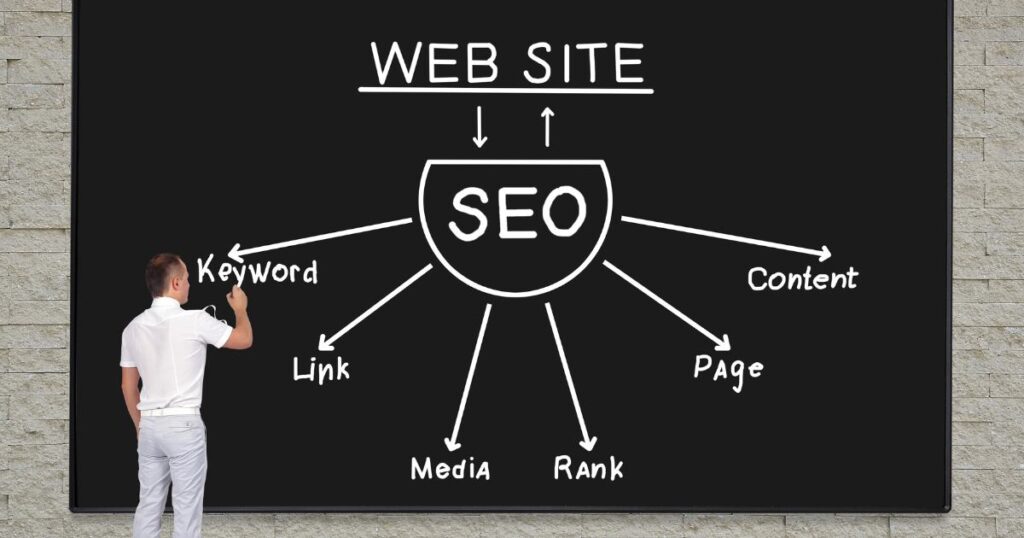Introduction
In today’s digital age, a website serves as the virtual face of a business. It is often the first point of contact for potential customers, making it essential for businesses to prioritize user experience (UX) in their website development. User experience refers to the overall satisfaction and usability that visitors experience while interacting with a website. A well-designed and user-friendly website can have a profound impact on a company’s success, enhancing customer engagement, boosting conversion rates, and ultimately driving business growth. This blog delves into the significance of user experience in website development and highlights the key reasons why it should be a top priority for businesses.
First Impressions Matter

As the saying goes, “First impressions are lasting impressions.” This sentiment rings true in the online realm as well. When users visit a website, they form an immediate impression based on its design, navigation, and overall usability. A poorly designed website with confusing navigation and slow load times can leave a negative impression and prompt visitors to leave before even exploring the content. On the other hand, a visually appealing and intuitive website with seamless navigation can captivate users and encourage them to explore further. By focusing on UX, businesses can ensure that visitors have a positive initial experience, increasing the likelihood of conversions and repeat visits.
Enhanced Usability and Navigation

A user-friendly website is one that allows visitors to find information or perform the desired actions effortlessly. Intuitive navigation, clear menus, and well-structured content are vital in enhancing usability. A well-designed website should guide users seamlessly through the pages, enabling them to locate what they are looking for without frustration. By paying attention to UX, businesses can streamline their website’s structure and optimize navigation, resulting in a pleasant browsing experience. Improved usability leads to increased engagement, longer session durations, and a higher probability of achieving business objectives, such as purchasing or submitting a contact form.
Improved Conversion Rates

The ultimate goal of most websites is to convert visitors into customers or leads. A website that prioritizes user experience can significantly impact conversion rates. By understanding the needs, preferences, and behaviors of the target audience, businesses can tailor their website design and content to optimize the conversion process. This may involve strategically placing call-to-action buttons, simplifying the checkout process, or providing clear and compelling product information. A well-crafted user experience helps build trust and confidence, facilitating conversions and generating a positive return on investment (ROI) for the business.
Mobile Responsiveness

With the proliferation of smartphones and tablets, it is crucial for websites to be mobile-responsive. A mobile-responsive website adapts its layout and design to provide an optimal viewing experience across various devices and screen sizes. Mobile responsiveness is not only about resizing elements but also about optimizing touch-based interactions and minimizing load times. As a significant portion of website traffic originates from mobile devices, neglecting mobile user experience can result in high bounce rates and lost opportunities. By prioritizing UX in website development, businesses can ensure a seamless and enjoyable experience for mobile users, thereby expanding their reach and maximizing engagement.
Brand Image and Differentiation

A well-designed website that prioritizes user experience can contribute to shaping a positive brand image. A visually appealing and user-friendly website conveys professionalism, credibility, and attention to detail. In contrast, a poorly designed website can reflect negatively on the brand, creating doubts about its quality and reliability. By investing in UX, businesses can differentiate themselves from competitors and establish a strong online presence that resonates with their target audience. A positive user experience can foster brand loyalty and lead to positive word-of-mouth recommendations, further boosting the company’s reputation and credibility.
SEO Friendliness

User experience and search engine optimization (SEO) are closely intertwined. Search engines like Google prioritize websites that provide valuable and relevant content along with a positive user experience. Factors such as page load speed, mobile-friendliness, and overall usability influence search engine rankings. By focusing on UX during website development, businesses can enhance their SEO efforts, improve organic search visibility, and drive more organic traffic to their website. A well-optimized website that meets user expectations and requirements is more likely to rank higher in search engine results, resulting in increased exposure and opportunities for growth.
Conclusion
In today’s digital landscape, businesses must recognize the pivotal role of user experience in website development. A well-designed and user-friendly website can be a game-changer, positively impacting customer engagement, conversion rates, and brand perception. Prioritizing user experience leads to enhanced usability, improved navigation, higher conversion rates, and a positive brand image. Moreover, a mobile-responsive and SEO-friendly website ensures that businesses can effectively reach and engage with their target audience. By investing in user experience, businesses can cultivate strong online presences, differentiate themselves from competitors, and drive sustainable growth in the digital realm.













